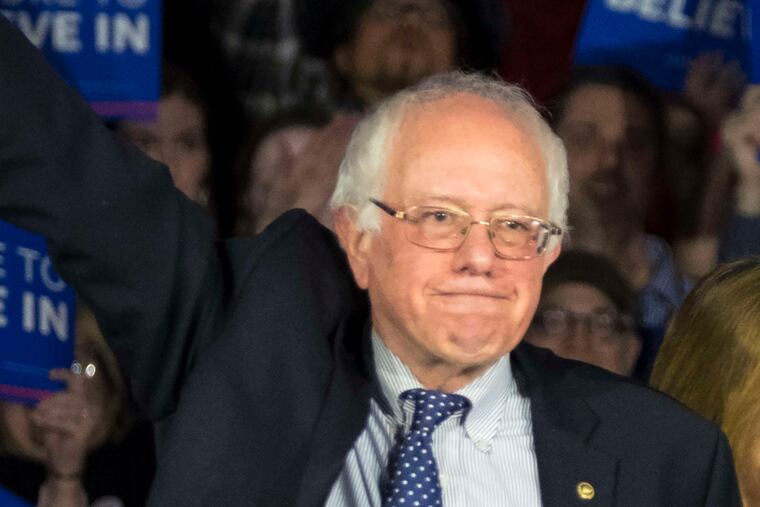The NFL: America's favorite socialist regime
By Tom Taft Although it will come as a surprise to many, the NFL is a socialist institution. As the country prepares to watch Super Bowl 50, are there any lessons to be learned from its success?

By Tom Taft
Although it will come as a surprise to many, the NFL is a socialist institution. As the country prepares to watch Super Bowl 50, are there any lessons to be learned from its success?
The NFL is essentially run by a central government that has the final word on everything. It's a government determined to compete effectively to maximize its share of available entertainment and advertising dollars, even at the expense of the performance of a given person or group within the system. Individual achievement is sacrificed for the common good.
Can you imagine an industry that rewards failure with the best opportunities for future growth and achievement? In the NFL, the worst team in a given season is given the top pick in the next draft. It seems bizarre, but if everything is done for the common good, then promoting competitiveness, even among the inept, is the highest goal.
This wild adherence to socialized control leaves individual coaches and teams in the ethically difficult situation of knowing that if they win a game at the end of a horrible season, they may gain respect, but they may lose a chance at the first draft pick.
Can you imagine an industry in which the government limits what employees may be paid? No matter how well you have done or how much money a team has made, the NFL will not allow it to lure away another team's employee by offering as much as it wants to. It has to stay under the dictated salary cap.
For those who talk about excessive government regulations, the NFL is a prime example. Can you imagine an industry trying to compete with seven regulators present for every 22 employees at work? Step slightly outside the rules, and your firm is instantly penalized.
And can you imagine an industry in which the government dictates where a company may locate its business? The list goes on and on.
There is an anomaly within the NFL that practices socialism in another form. Unlike the rest of the teams, the Green Bay Packers are owned by a large community of small-scale shareholders. The capacity of Lambeau Field is almost equivalent to the population of Green Bay. And who has spent hundreds of millions of dollars to improve the stadium in recent years? Was there a bond issue? Did the city government have to cough up a promise to build a stadium? No, the Packers paid for their own improvements because the team is already working for the common good, not for the benefit of some individual. This fact must be painfully clear to the citizens of St. Louis, who will be paying for a stadium that no longer has an NFL team.
Now that we've taken a moment to explore the socialism of the NFL, let's consider whether there are any larger lessons to be learned from its success within this framework. Despite the unusual recent success of the Democratic-socialist presidential candidate Bernie Sanders, the term socialism is so toxic in America that it may blind us to lessons to be learned from socialist organizations like the NFL - which is not to deny that capitalism remains the better system.
A couple of possible lessons come to mind. For instance, I believe that American businesses just want to be sure what the rules are and that they are going to be fairly, consistently, and universally applied. Once there are clear ground rules and the playing field is level, American businesses can adapt quickly. So if we are going to have government regulators, they have to be highly skilled and effective. The NFL's replacement referees demonstrated that in just a few games!
The league also shows that some teams and companies need to be bailed out to protect the common good. If we are competing to be the strongest economy in the world - just as the NFL competes to be a top recipient of advertising and entertainment dollars - what rules should we adopt that will benefit us all in the long run?
NFL owners do not buy their teams for the short term, but rather to maximize their long-term gain. Sacrificing their individual gains in the short term has consistently achieved this. I have never heard of an NFL owner losing money when he sells his team!
Tom Taft is a Philadelphia writer. tomtaft@comcast.net